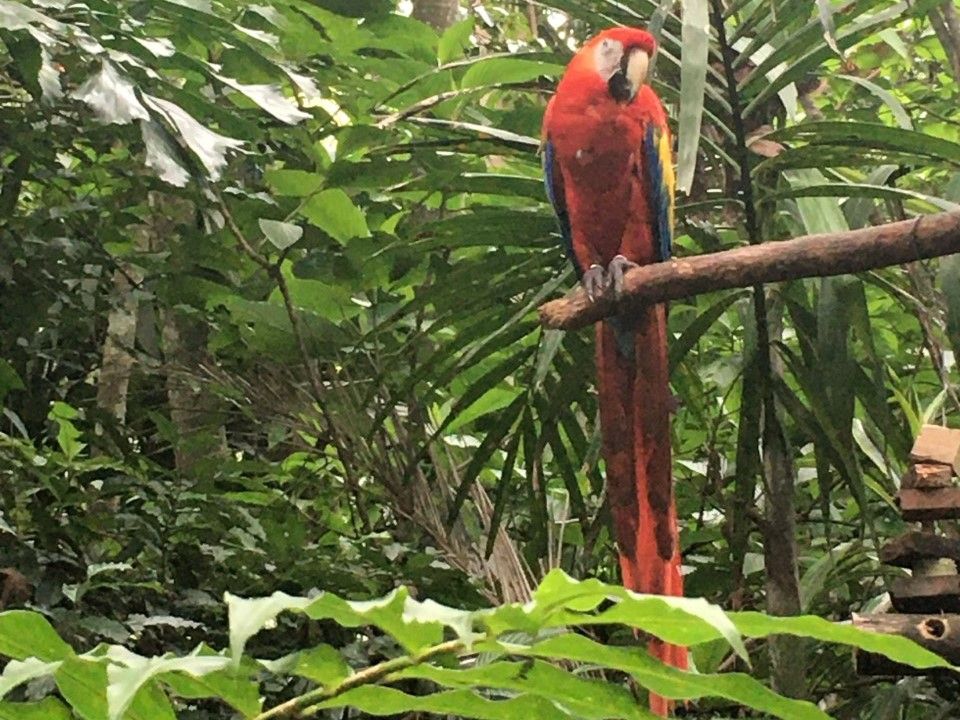By Jenny Barruol, International Deputy Editor
The Croft Magazine // In our first pin drop, we go on the ground in San José with Year Abroad student Jenny Barruol, currently enrolled at the University of Costa Rica. Costa Rica is on the UK's 'Red List', but Jenny says restrictions are manageable.
Sadly, everything is online for the time being and I’m stuck behind a laptop. But I’m in Costa Rica at least, and things aren’t too restrictive. You’re supposed to wear a mask everywhere, even outside… around 70 per cent of people do wear it, but if you don’t, you won’t be arrested. Apart from that, the only other rule is a PCR test for big gatherings. Cases are going down: there are a hundred new cases and thirteen deaths per week. It’s significant for Costa Rica (with just five million inhabitants), but they’re vaccinating rapidly. Vaccinations aren’t done by age group. Instead, it’s a case of if you want one, you go. Students want double doses. But for the general public, uptake is slower: just 17 per cent of the population are fully vaccinated so far (usually with Pfizer).
I arrived in July, just as flooding ended. It’s raining now, and it often rains heavily. In July, however, it was Turrialba (just east of me, in the mountains) that suffered: a school and two bridges were destroyed. It’s the rainy season and the country is used to destruction but, that being said, they’ve had much more rain than expected recently… I think in one day, they had the same amount they’d expect in a month. For rebuilding to work, so must infrastructure companies. This hinges on the ongoing ‘Cochinilla Case’. ‘Conchinilla’ is Spanish for ‘parasite’, representing infrastructure companies who gave money, cars and sexual favours to Conavi (the National Highway Council) to influence future projects. It resulted in a $121m government deficit and a series of arrests. Costa Rica is a peaceful country, transparent about corruption, so this was a shock. It means 80 per cent of the population now believe corruption is a big issue in their country. With the government working hard, I hope this can change.
Featured Image: Epigram / Jenny Barruol
Listen to our monthly Burst Radio podcast 'On the Ground' here.









